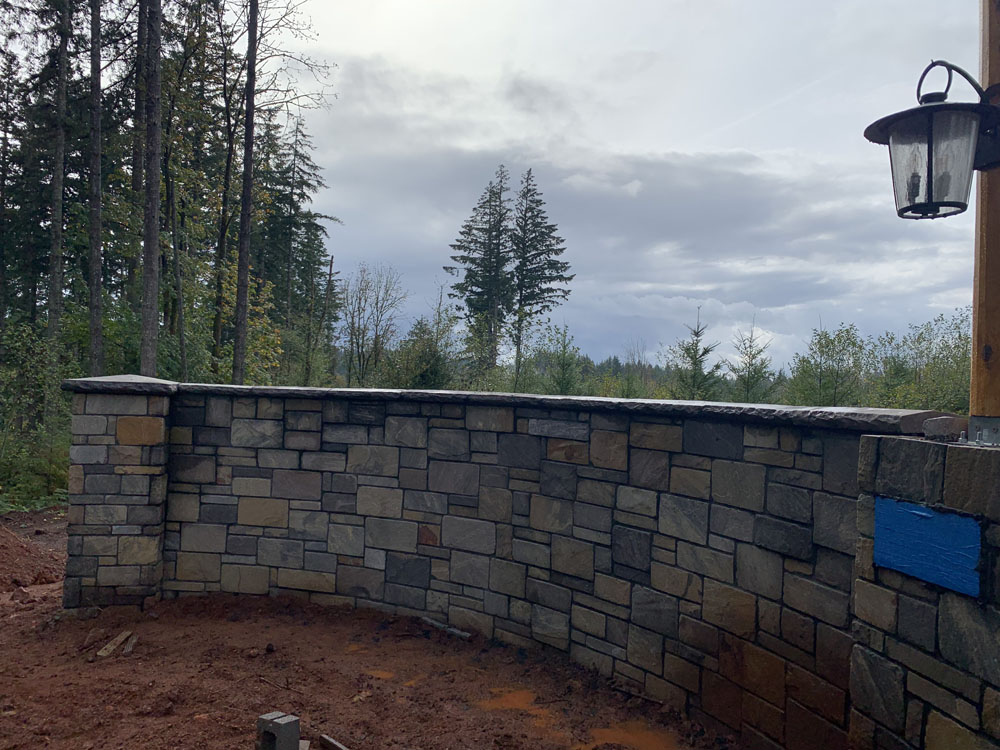Introduction
When it comes to construction, masonry is one of the oldest and most respected professions. However, working with bricks, blocks, and stones presents its own set of challenges and risks. In this comprehensive guide, we will delve into Safety Practices Every Good Masonry Contractor Follows to ensure not only their safety but also that of their team and clients. Safety in masonry isn’t just a regulatory requirement; it’s a fundamental aspect of professional integrity. Whether you're a seasoned contractor or just starting out in the masonry field, understanding these practices can make all the difference.
Safety Practices Every Good Masonry Contractor Follows
Safety is paramount in any construction site. For a masonry contractor, this means being vigilant about various aspects of job safety, from the tools they use to how they communicate within their teams. So what are these practices?
Understanding OSHA Regulations
The Occupational Safety and Health Administration (OSHA) sets forth regulations that every masonry contractor should know. Compliance with OSHA standards ensures a safer work environment.
Awareness: Familiarize yourself with relevant OSHA guidelines. Training: Regularly participate in safety training sessions. Documentation: Maintain records of safety inspections and incidents.Personal Protective Equipment (PPE)
No discussion about safety would be complete without mentioning PPE. A good masonry contractor knows that wearing appropriate gear is non-negotiable.
- Hard Hats: Protect against falling debris. Gloves: Shield hands from cuts and abrasions. Eye Protection: Prevent injuries from dust and flying particles. Steel-Toed Boots: Safeguard feet from heavy materials.
Proper Lifting Techniques
Masonry often involves moving heavy materials like bricks and stones. Using correct lifting techniques can prevent injuries.
Bend at the knees: Avoid back strain by using your legs to lift. Keep the load close: Hold materials as close to your body as possible. Ask for help: If a load feels too heavy, don’t hesitate to ask a colleague for assistance.Site Organization
A well-organized job site can significantly reduce accidents and enhance productivity.
- Clear Pathways: Ensure walkways are clear of obstacles. Material Storage: Store materials securely to prevent tipping or rolling. Signage: Use clear signage to indicate hazards or restricted areas.
Effective Communication
Clear communication among team members is essential for maintaining safety on-site.
Daily Briefings: Conduct morning meetings to discuss safety concerns. Hand Signals: Use standardized hand signals for silent communication when necessary. Feedback Loop: Encourage team members to report unsafe conditions immediately.Tool Maintenance
Regular maintenance of tools can prevent malfunctions that lead to accidents.
- Keep tools clean and properly stored after use. Regularly check for wear and tear on equipment. Replace damaged tools immediately.
Emergency Preparedness
Every good masonry contractor has an emergency plan in place before starting any project.
First Aid Kits: Ensure first aid kits are easily accessible on-site. Emergency Contacts: Post emergency numbers visibly around the work area. Evacuation Routes: Clearly mark evacuation routes in case of emergencies like fires or structural failures.Dealing with Weather Conditions
Weather can greatly impact site safety; hence monitoring conditions is crucial.
- Be cautious during rain or snow as surfaces can become slippery. Heat stress is a risk during hot days; encourage hydration breaks regularly.
Table: Typical Weather Conditions & Safety Measures
| Weather Condition | Safety Measures | |------------------|----------------------------------------| | Rain | Use slip-resistant footwear | | Snow | Clear pathways regularly | | Heat | Provide hydration stations | | Wind | Secure loose materials |
Frequently Conducting Safety Audits
Conducting regular safety audits helps identify potential hazards before they lead to accidents.
Schedule audits monthly or bi-weekly depending on project scope. Engage all staff during audits for feedback on potential risks. Document findings and address them promptly.FAQs About Masonry Safety Practices
Q: What should I do if I see unsafe conditions?
A: Report it immediately to your supervisor or foreman so corrective actions can be taken right away.
Q: How often should I replace my PPE?
A: Inspect your PPE regularly; replace it if you notice any damage or wear-and-tear that could compromise your safety.
Q: Are there specific training programs for masonry contractors?
A: Yes! Many organizations offer specialized training programs focusing on masonry-specific hazards and safe practices.
Q: What is the most common injury in masonry work?
A: The most common injuries include strains from lifting heavy materials and cuts from tools, which underscores the need for proper lifting techniques and tool maintenance.
Q: How important is hydration while working?
A: Extremely important! Dehydration can lead to heat stress, affecting performance and increasing accident risk.
Q: Can I use my personal tools on the job site?
A: It's best practice to use company-approved tools that meet employment standards for safety rather than personal ones which may not have read more been maintained or inspected properly.

Conclusion
In summary, following essential safety practices is critical for every good masonry contractor aiming not just for operational success but also for ensuring a risk-free environment for themselves and their teams. By adhering to OSHA regulations, utilizing proper PPE, engaging in effective communication, conducting regular audits, maintaining tools meticulously, organizing sites well, preparing for emergencies, paying attention to weather conditions, employing proper lifting techniques—all these factors contribute towards building a successful career in masonry while safeguarding lives along the way.
This article serves as an extensive guide focusing on Safety Practices Every Good Masonry Contractor Follows. Ensuring safety isn’t merely an obligation; it's an ethical commitment that enhances professionalism within the industry—ultimately leading towards better projects completed efficiently without compromising well-being!
Each step taken towards improving safety creates a ripple effect throughout the community—empowering both contractors’ confidence levels while earning clients' trust through diligence shown at every stage!
Feel free to reach out if you have more questions or need further guidance on any specific aspect related to masonry contractor safety practices! Your journey towards becoming a top-notch mason starts with understanding that putting people first creates lasting legacies within our craft!